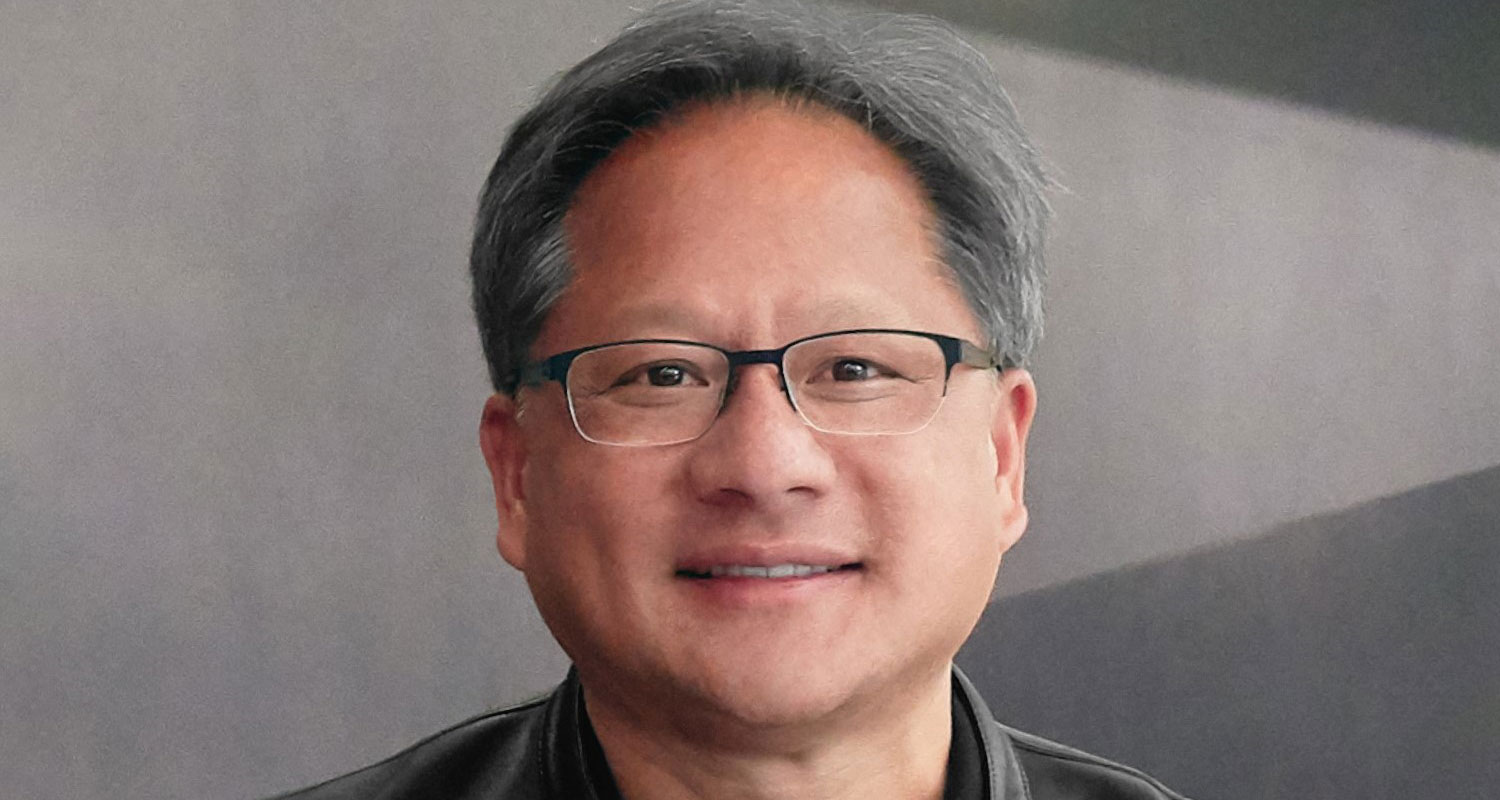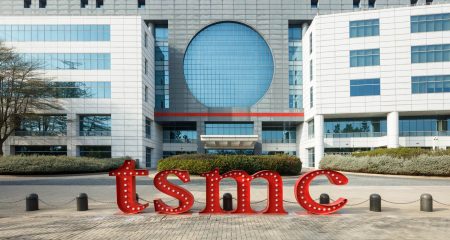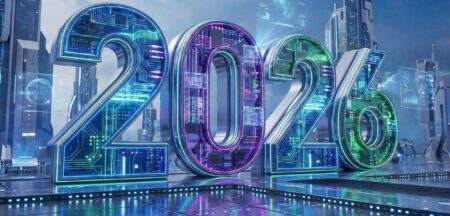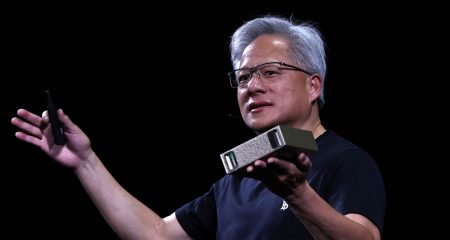 Motoring and technology giants showing off their latest innovations at the CES trade show in Las Vegas next week can expect a barrage of questions on a topic that is usually not central to the consumer-focused event: tariffs.
Motoring and technology giants showing off their latest innovations at the CES trade show in Las Vegas next week can expect a barrage of questions on a topic that is usually not central to the consumer-focused event: tariffs.
The gathering is one of the largest of manufacturers, analysts and suppliers in the US and comes days before the inauguration of US President-elect Donald Trump, who has pledged big tariffs on imports from Canada, Mexico, China and other US trading partners. This has sparked concerns about spiralling costs for businesses as well as consumers.
“This will be a hot topic,” said strategy consultant Deborah Weinswig, CEO of Coresight Research, who said the proposed tariffs have come up in almost every conversation she has had with clients ahead of CES. “This is going to be something that definitely senior leadership is going to have to address.”
CES 2025, formerly known as the Consumer Electronics Show, runs 7-10 January and is used to debut products ranging from new automotive technology to quirky gadgets, as well showing new ways to use artificial intelligence. Among the highlights this year is a keynote speech from AI chip giant Nvidia’s celebrity CEO, Jensen Huang.
While AI will still be the buzzword on the show floor, the issue of tariffs will be top of mind in policy sessions, press conferences and on the sidelines.
Companies may be asked about changing suppliers and moving production to the US to mitigate supply-chain disruptions — moves that take time and are expensive, analysts have said.
Honda, for instance, sends 80% of its Mexican output to the US market. It has warned it would have to think about shifting production if the US were to impose permanent tariffs on vehicles imported from the country.
EV policies
Nearly half of new cars sold in the US as well as a significant share of parts on the rest are made elsewhere, according to estimates from Edmunds. European and American car makers could lose up to 17% of their combined annual core profits if the US imposes import tariffs on Europe, Mexico and Canada, according to an S&P Global report.
In addition to tariffs, Trump has said he plans to begin rescinding policies meant to promote the adoption of EVs.
Read: Europe on collision course with Trump over Big Tech
Many suppliers, already struggling because of weaker-than-expected EV demand, are operating on “razor thin” margins and will have to radically adapt their cost structure this year in the face of potential tariffs, said Felix Stellmaszek, global leader of the automotive and mobility sector at Boston Consulting Group.
“Add to this supply-chain uncertainties and labour shortages and it’s clear that many suppliers are in dire straits,” he said. “The scenario planning is in hyper mode.”

Between responding to potential tariffs, car makers and their suppliers — including Honda, Toyota, Bosch and Continental — are expected to provide updates on their race to develop cars with software-driven enhancements, self-driving technology and AI that makes vehicles easier and safer to drive.
Among the speakers will be Delta Air Lines CEO Ed Bastian, Volvo Group CEO Martin Lundstedt, Panasonic CEO Yuki Kusumi and X CEO Linda Yaccarino. Every industry is likely to face questions about tariffs.
“‘How are companies going to work together from a supply-chain perspective?” said consultant Weinswig. “How are we going to mitigate rising costs? Can technology solve this? There’s still so much that’s not known, we’ve seen that everyone’s trying to figure out every possible scenario.” — Abhirup Roy, (c) 2024 Reuters
Get breaking news from TechCentral on WhatsApp. Sign up here




